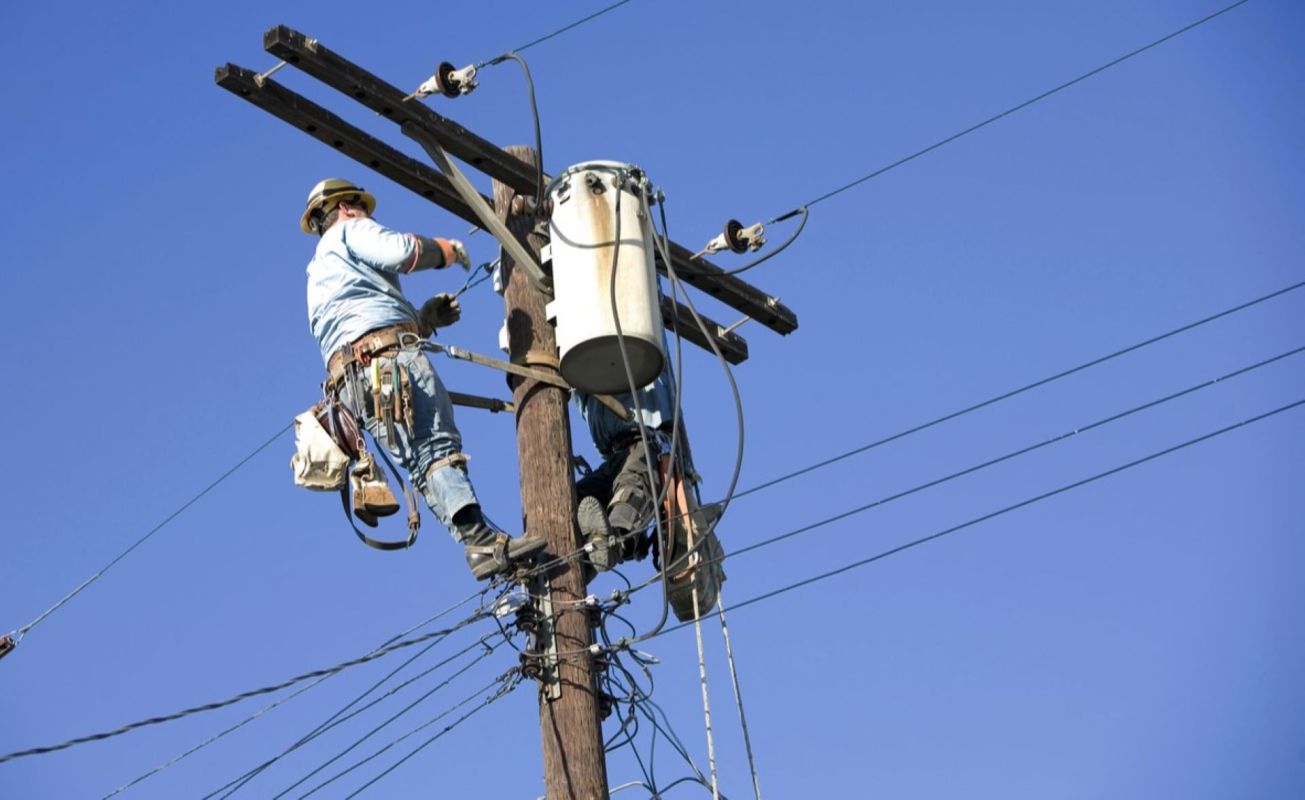Arizona experiences some of the highest temperatures in the U.S., according to Current Results — and no thanks to rising temperatures worldwide, it will only get hotter.
In 2018, Arizona resident Stephanie Pullman died from the heat after her electricity was cut off. Now, rules are being put into place to ensure that never happens again, AP News reported.
What happened?
Pullman was a 72-year-old resident of a retirement community in Phoenix. The city faced outdoor temperatures as high as 107 degrees. That's more than high enough to cause heat stress, bringing with it the risk of heat stroke, as well as worsening any existing health conditions.
According to AP News, Pullman had been behind in her utility payments by $176 but had made a $125 payment the day before, leaving a debt of only $51, which she clearly intended to pay.
However, her electric company, Arizona Public Service, cut off her power the very next day, AP News reported.
Pullman was found dead in her home, AP News said. According to the county medical examiner, her cause of death was listed as "environmental heat exposure," which worsened her existing cardiovascular disease.
In 2019, Pullman's family reached a settlement with APS that prevented them from discussing the case, AP News reported. However, others have not forgotten Pullman's unjust end.
How is Pullman's story making a difference?
Just like Pullman, many Arizona residents are facing rising temperatures. At the same time, dirty energy from air-polluting sources like coal and oil is getting more expensive all the time, making it harder for residents to pay.
According to AP News, the 2018 incident paved the way for new regulations that protect Arizonans caught between a rising thermometer and an unpaid electric bill during the U.S.' recent historic heat waves. In 2019, Arizona's regulating body for utilities, the Arizona Corporation Commission, placed a temporary ban on power shut-offs during the summer. In 2022, that ban became permanent.
What else is being done to prevent heat deaths?
Unfortunately, some providers are not overseen by the state commission, AP News revealed. Salt River Project, Arizona's second-largest provider, is one, since it's a not-for-profit "power and irrigation district."
While SRP said it pauses shut-offs on days with extreme heat advisories, Stacey Champion, an advocate for new regulations, told AP News that people have died on hot days when those advisories were not in place. For that reason, she's pushing for tighter regulations.
"Stephanie Pullman was the face of the fight that helped put the disconnect rules in place for the big, regulated utilities in Arizona," Champion told AP News. "But we need more."
Join our free newsletter for easy tips to save more, waste less, and help yourself while helping the planet.









